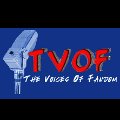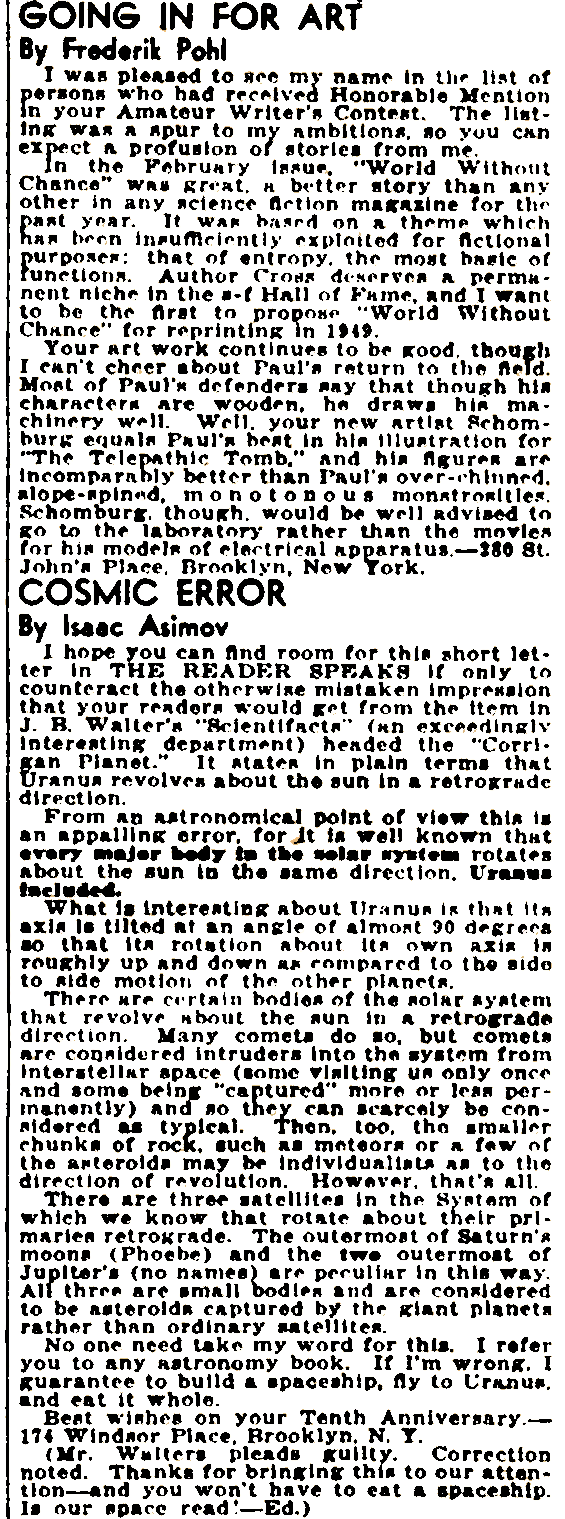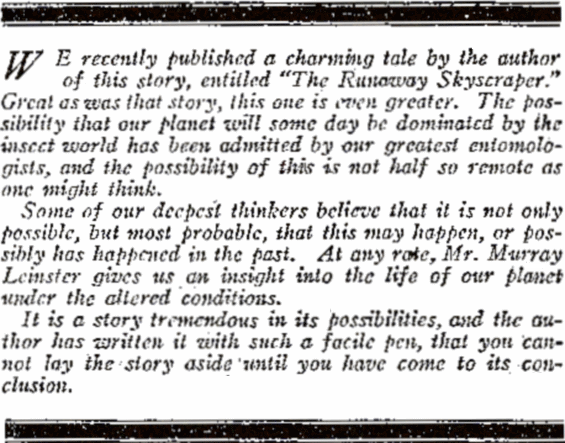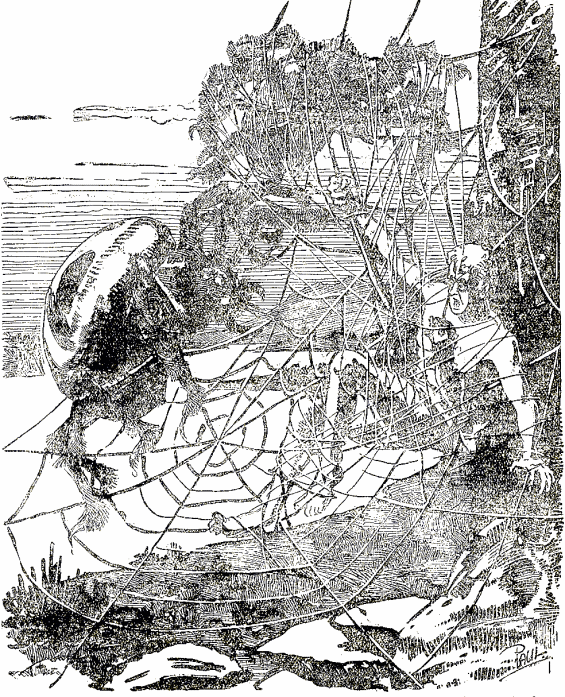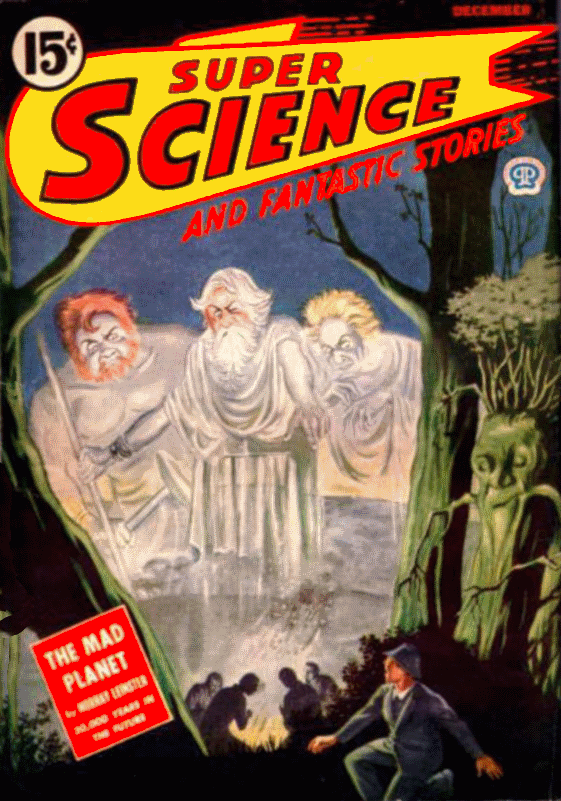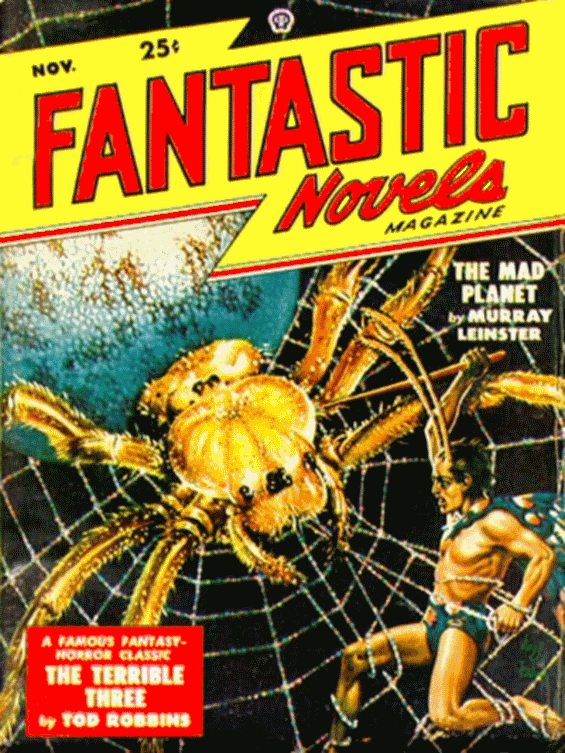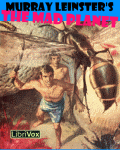 The SFFaudio Podcast #124 – a discussion of the Audible Frontiers audiobook Beyond This Horizon by Robert A. Heinlein with Scott, Jesse, and Tamahome.
The SFFaudio Podcast #124 – a discussion of the Audible Frontiers audiobook Beyond This Horizon by Robert A. Heinlein with Scott, Jesse, and Tamahome.
Talked about on today’s show:
“We believe that an armed society is a polite society”, under the pen name Anson MacDonald, his 2nd novel, For Us The Living was first, “no nudity or free love”, The Amazing, The Astounding, And The Unknown by Paul Malmont, “a string of ideas broken up by action”, like two novellas put together, a novel about genetics and dueling, list of characters and terms, reversed names like Korea, “he’s a special guy”, moderators, germplasm, “sperm wars”, engineering away violence, Gattaca, Brave New World, “great egg!”, naturals, experimentals, written in the time of Hitler, kids are like Dune, Felix wonders what’s the point, reincarnation?, “says crazy ideas like they’re common sense”, synthesist, Scott has some quotes ready, Felix doesn’t want kids, “Felix just needs a good woman”, rambunctious scene with Felix and Phyllis, “I’m gonna kiss ya!”, Galactic Suburbia would not like this book, Heinlein’s characters, frozen football player, “everyone’s going to be a telepath”, John W. Campbell, “they don’t talk about telepathy anymore”, Podkayne Of Mars, Heinlein and fertility, Heinlein FAQ, the economic system — Social Credit, Beyond This Horizon on Wikipedia, spread the wealth, “What is money?”, it all goes to 0’s and 1’s, waterbed conception, The John W. Campbell Letters, bringing up super-writers, we never change, Campbell hated Dune Messiah, Felix is a “starline”, no Heinlein sequels??, “needs more telepathy”, best Heinlein novel?, Moon Is A Harsh Mistress, Double Star is like Moon Over Parador with Richard Dreyfuss, Starship Troopers has an action-packed start, Heinlein’s short stories like By His Bootstraps with Dreyfuss dramatized on 2000X, Red Planet with pet ball that’s an alien (now I get the Willis joke), Have Spacesuit Will Travel starts well, Heinlein as a dad, Fullcast Audio did a lot of these, Tunnel In The Sky just arrived and is like The Hunger Games, it’s a sci-fi Lord Of The Flies, Full Cast Audio is trying to be family friendly, nudity, worst Heinlein plot?, will the future remember football?, the sport “bligablong”, let’s read the opening, “the halt?”, serialized like The Space Merchants, “it’s all of those things and much more!”, it’s quotable, is the U.S. more polite?, England, duels are stressful, old reviews, 1900-1950 era, 1984, Brave New World, Heinlein starts the SF novel and hardback trend, Hugo Gernsback, Scott loved Foundation, Nazis on the moon, Rocket Ship Galileo, generation ship in Universe (nice old cover), “sucker for space.”
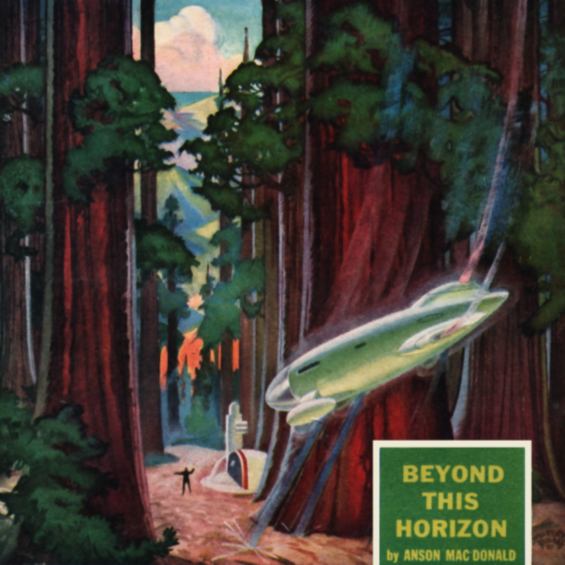
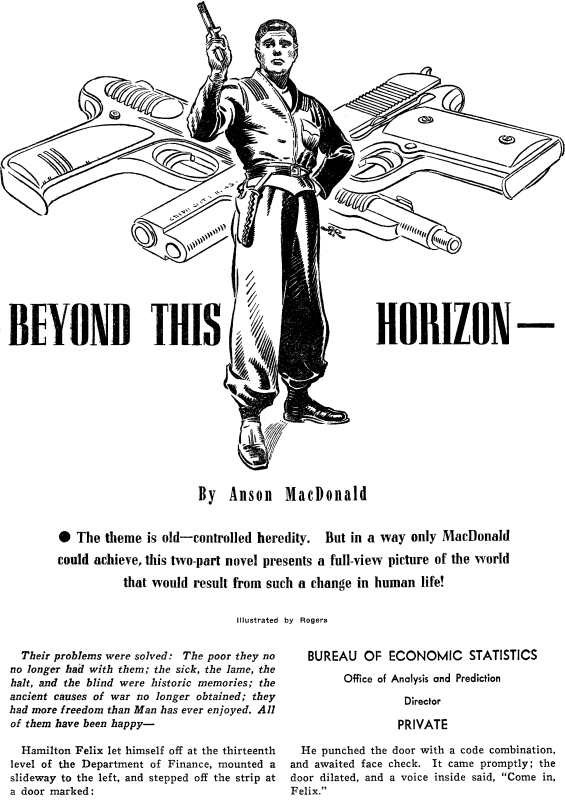
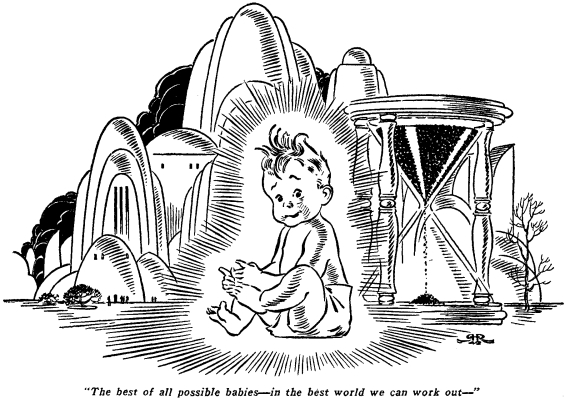
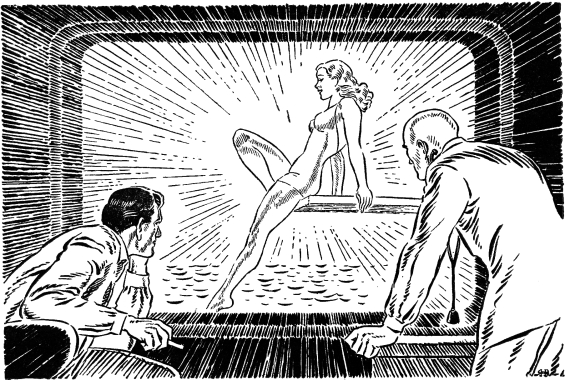
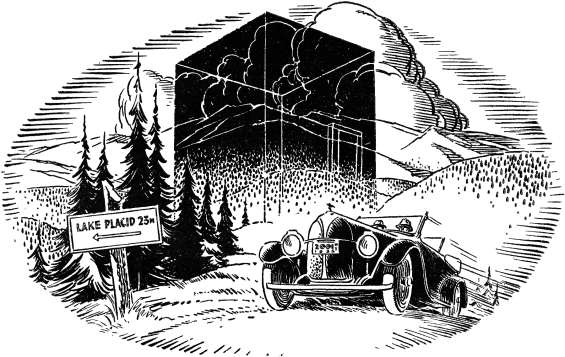
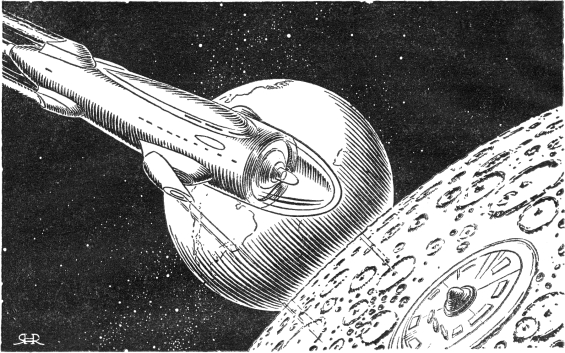
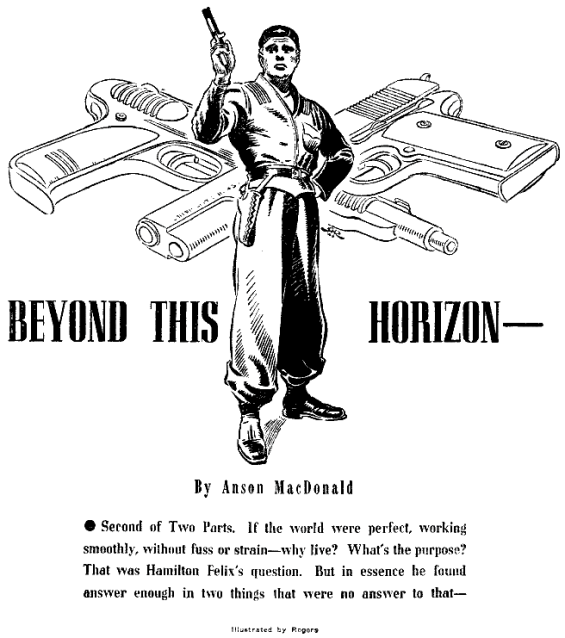
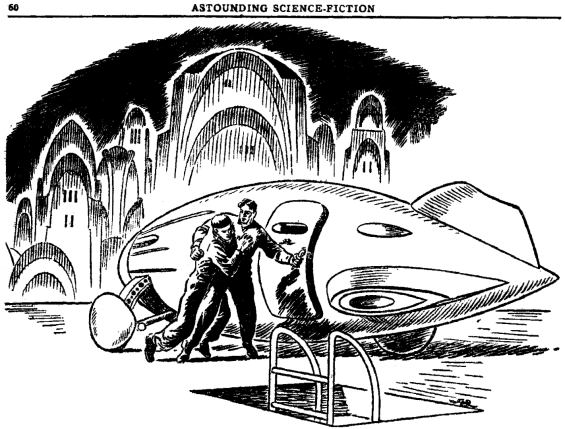

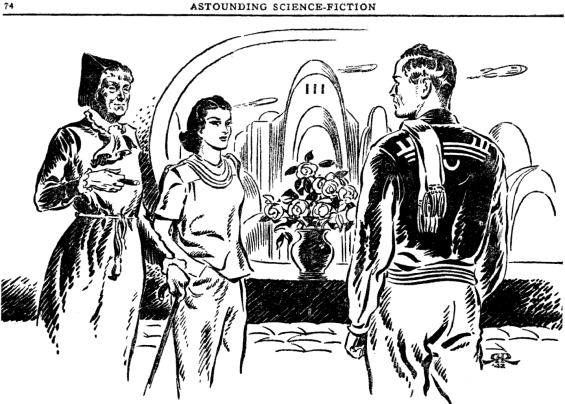
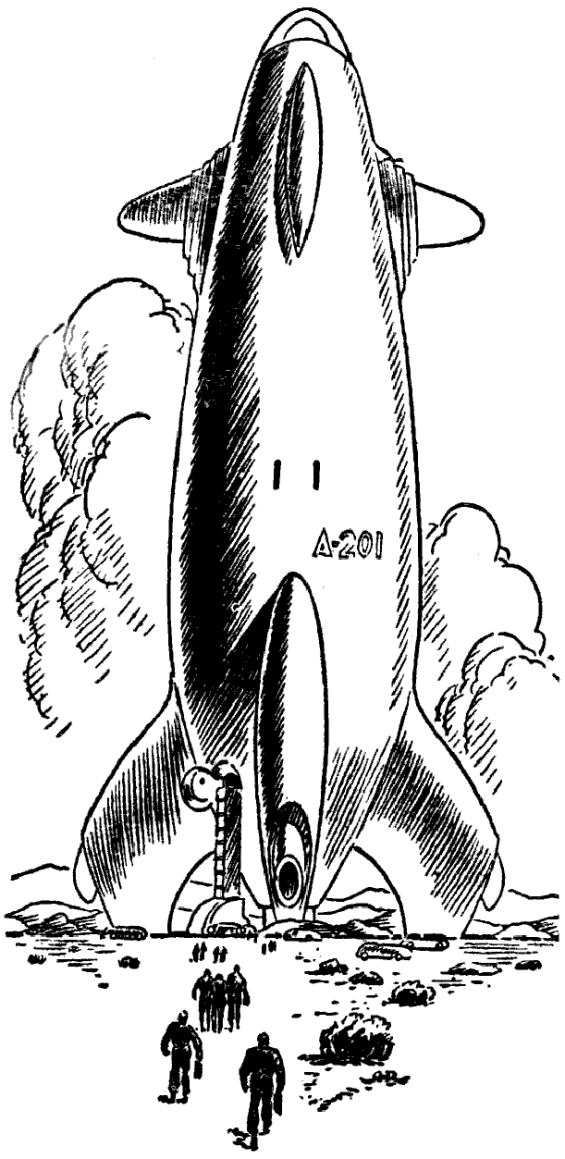
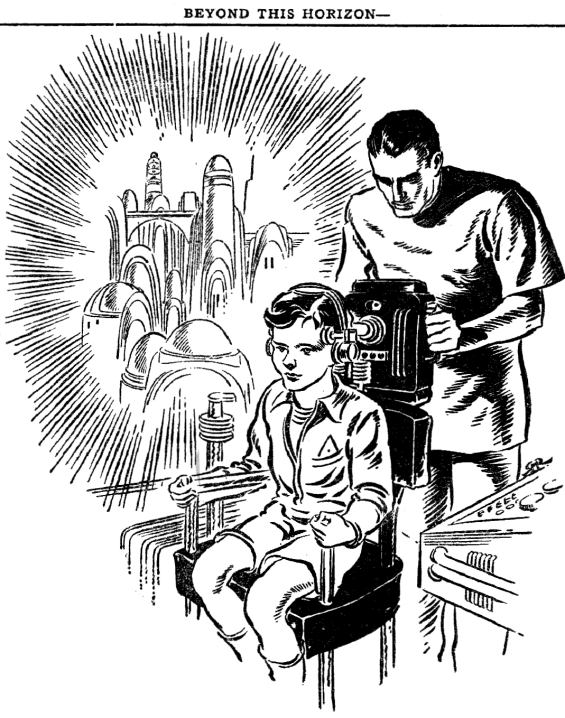
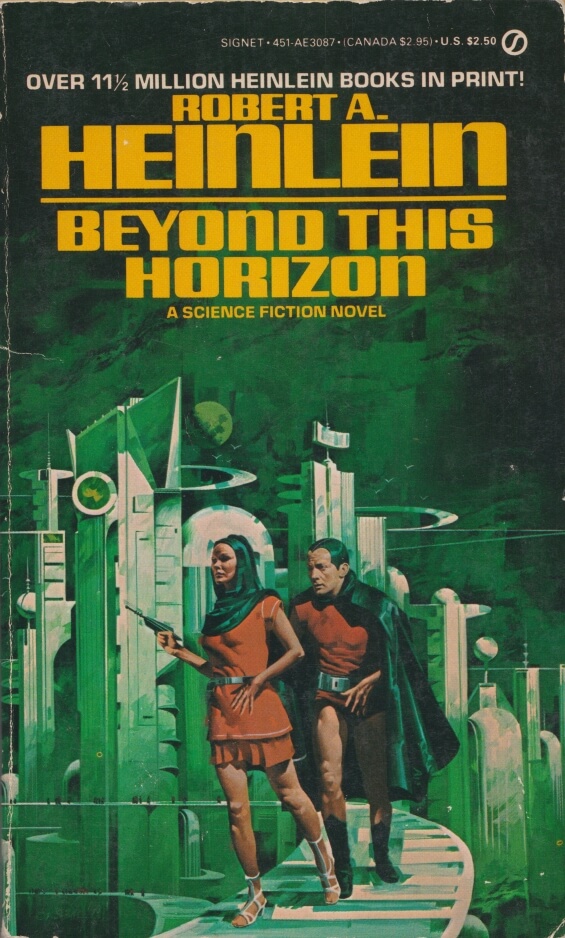
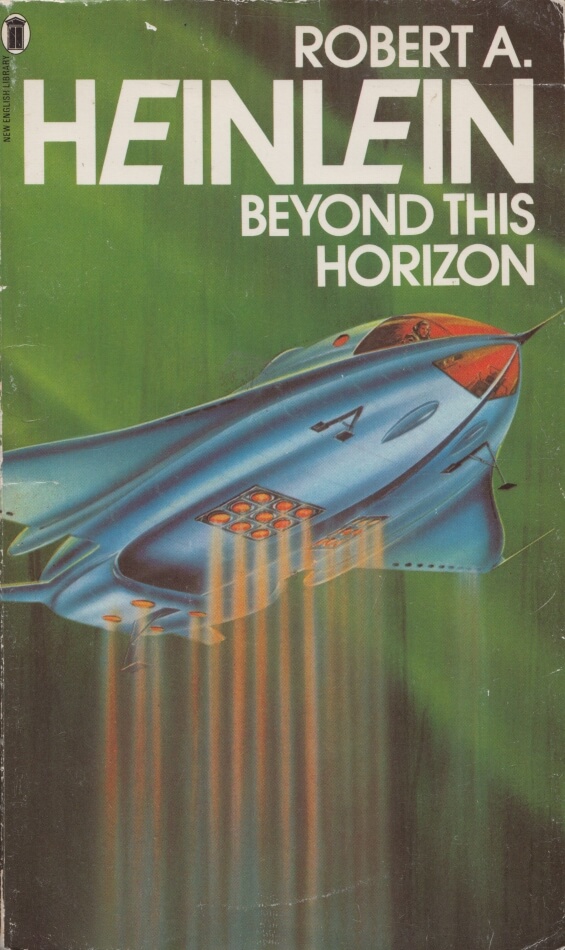
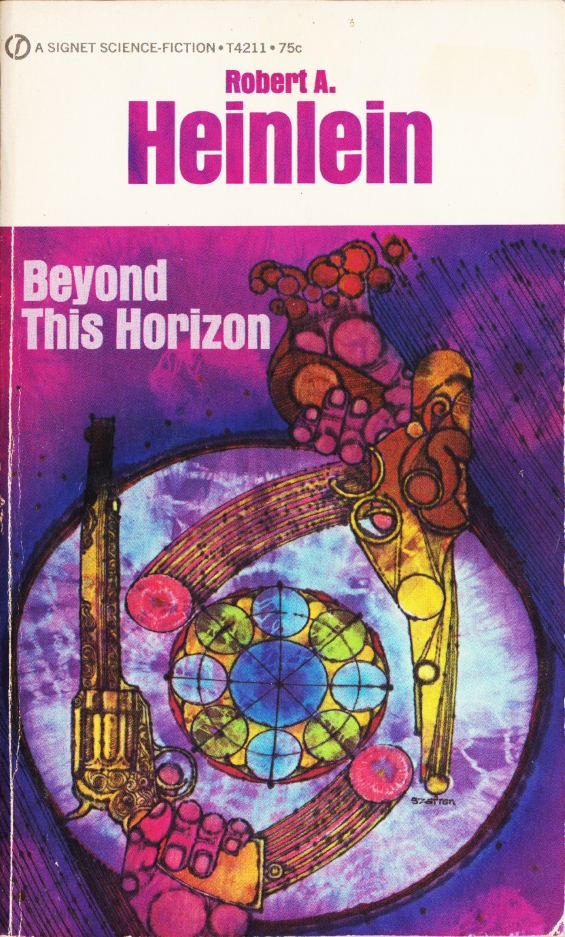
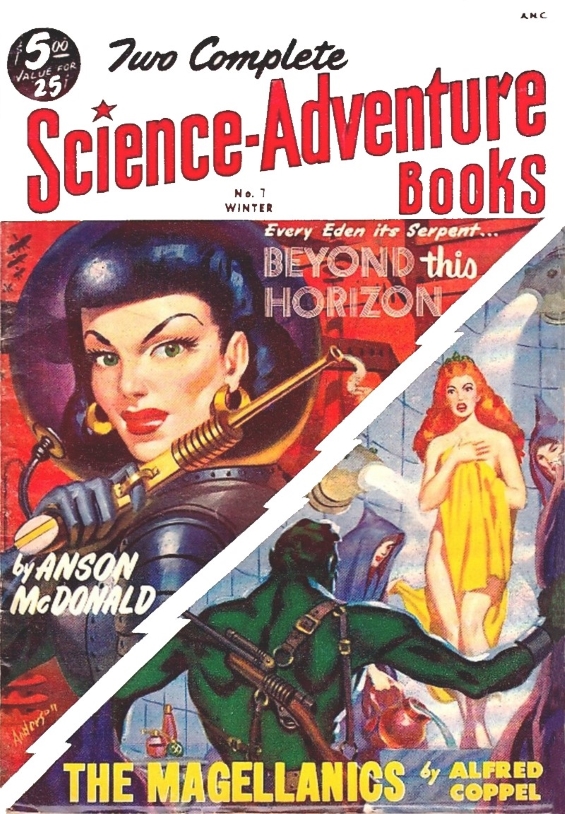
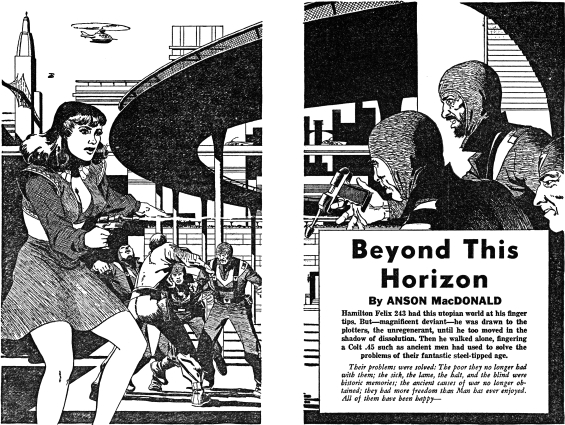
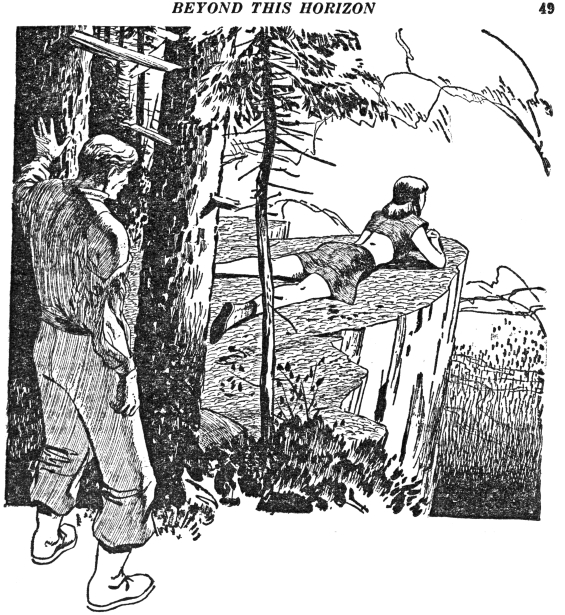
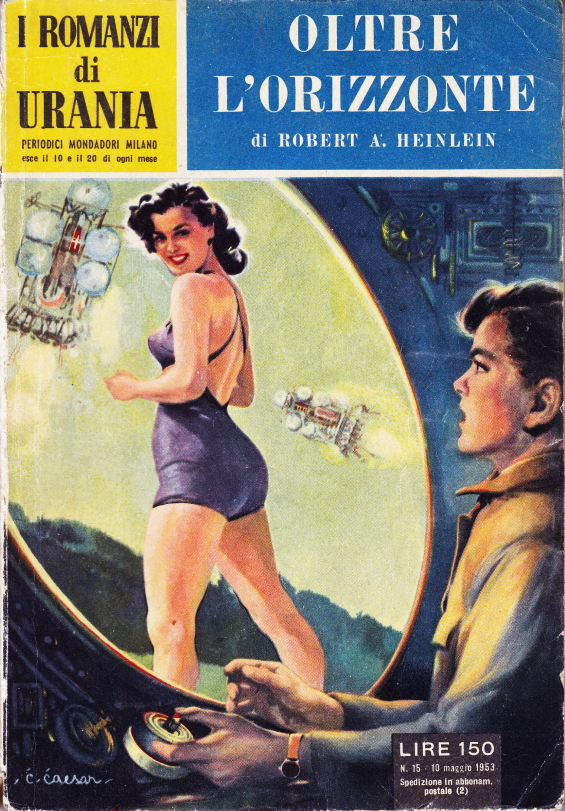
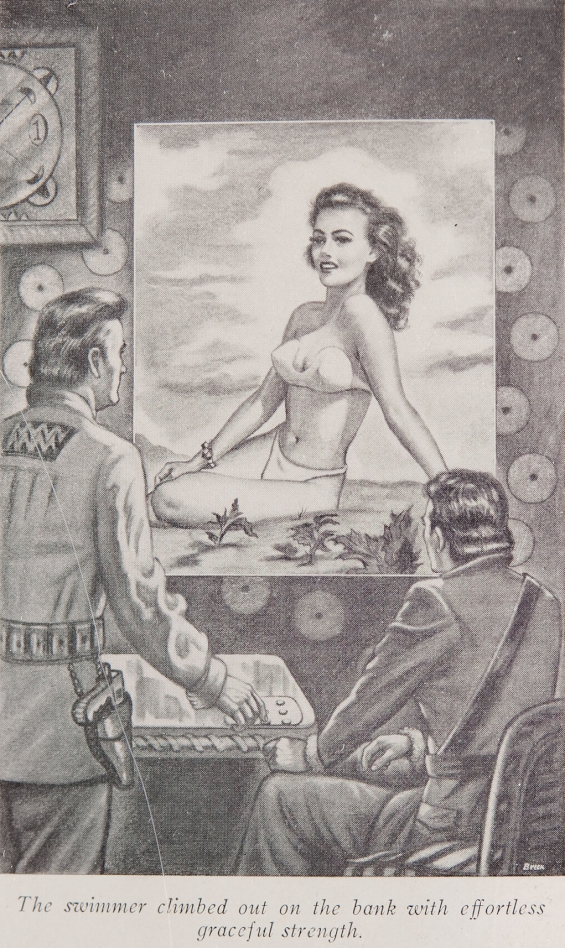
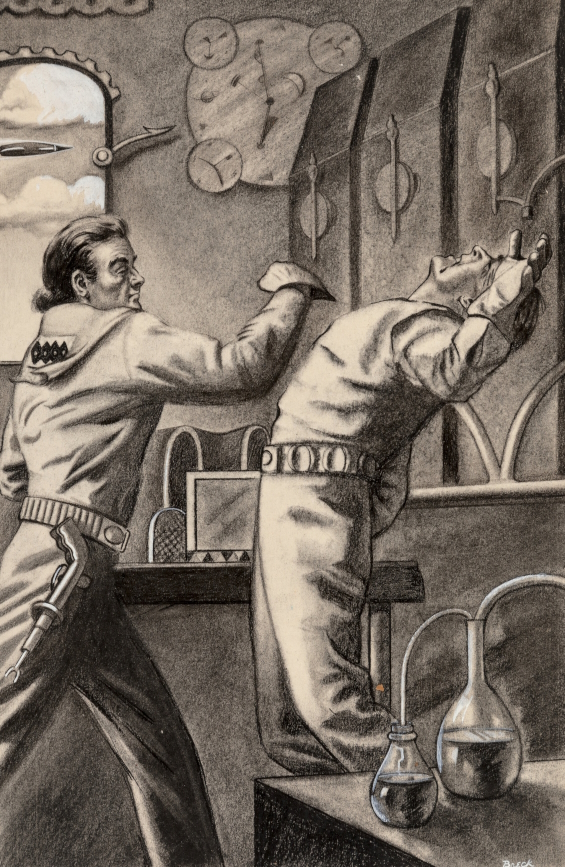
Posted by Tamahome

